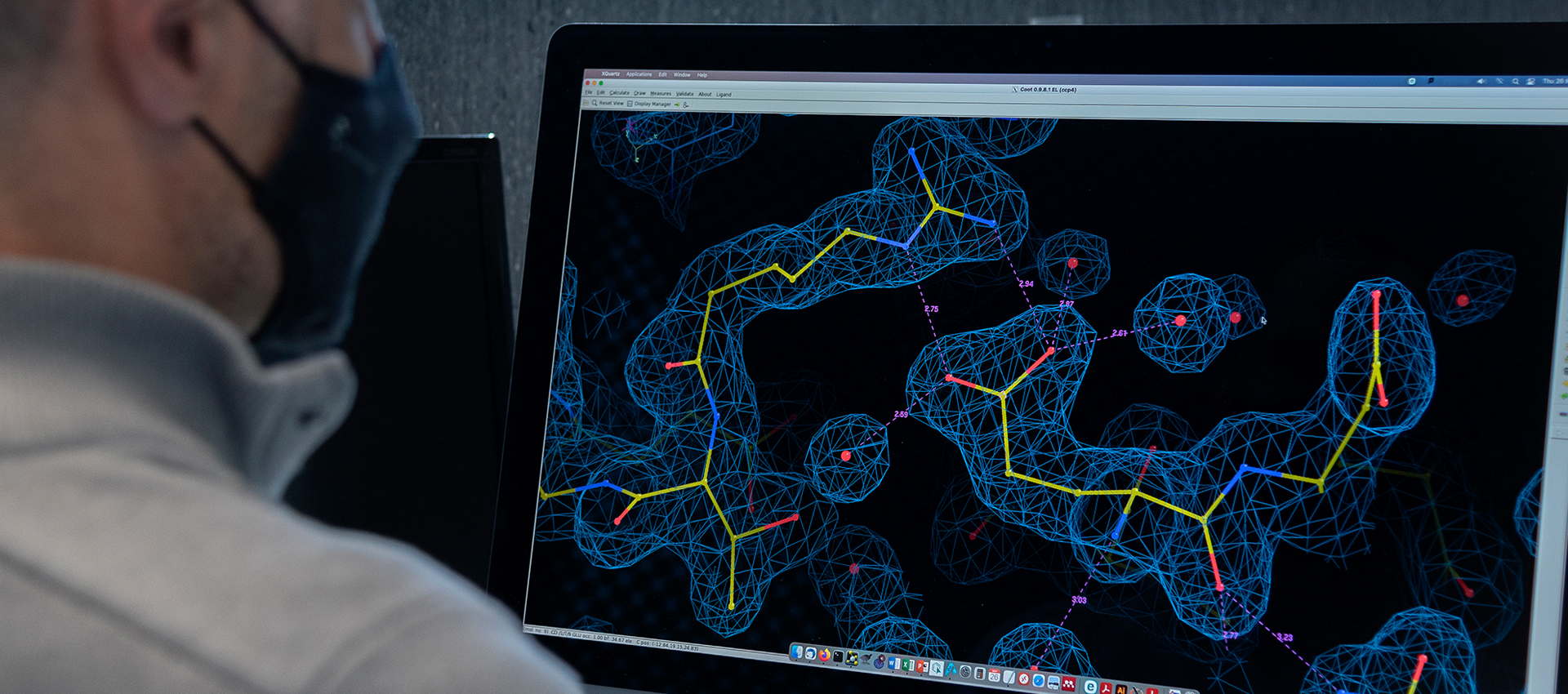
Navarrabiomed and the HUN participate in two new cross-border projects co-financed by the Euroregion
- BILEBANK 2.0 and EPINPOC are the projects selected within the “Euroregional Innovation 2022" call in the field of health.
The Aquitaine-Euskadi-Navarra Euroregion has announced the six cross-border cooperation projects around strategic sectors, which have been selected in the “Euroregional Innovation 2022” call. This initiative, with 400,000 euros, aims to promote sustainable, intelligent and inclusive economic development through the implementation of collaborative seed projects. Navarrabiomed participates in two of them: BILEBANK 2.0 and EPINPOC.
BILEBANK 2.0: Precision medicine in hepatobiliary cancer
The BILEBANK 2.0 project, subsidised with 75,000 euros, will have the collaboration of four entities: Foundation for Applied Medical Research (Navarra), Navarrabiomed - Miguel Servet Foundation (Navarra), Biocruces Bizkaia Health Research Institute Association (Euskadi) and the University of Bordeaux (Nouvelle-Aquitaine). From Navarrabiomed, Jesús María Urman Fernández, a researcher at the Digestive endoscopy unit and head of the section of Biliopancreatic Pathology of the HUN, leads this project.
This is the continuation of the BILEBANK project, previously funded by the Euroregion, and aims to expand the regional coverage of the human bile sample bank, as well as develop new applications of bile for molecular analysis and evaluation of tumour response. In the first BILEBANK project, standardised procedures for the collection and storage of bile samples in the hospital setting were developed, as well as an ad hoc database. This platform, called BILEBANK (https://bilebank.org/) is a reality and has contributed to demonstrate the value of bile as a liquid biopsy matrix for the accurate and early diagnosis of cholangiocarcinoma and, in a complementary way, for the study of pathological mechanisms in cholangiocarcinogenesis.
After this first stage, BILEBANK 2.0 intends to extend the implementation of the BILEBANK platform to two large hospital centres in the Euroregion. Specifically, to the Cruces University Hospital (Barakaldo, Euskadi), and to the Haut-Lévêque Hospital of the Hospitalier Sud Group (Pessac, Nouvelle Aquitaine). The incorporation of these two large hospital centres will allow carrying out the second objective of the project, which is the multicentre validation of the BILEMUT trial for the early identification of malignant biliary stenosis in different territories of the Euroregion. In addition, the aim is to evaluate the bile proteomic analysis protocols developed in the previous project and to develop a protocol for the isolation and culture of tumour cells isolated from bile.
EPINPOC: Epitope engineering to develop "point of care" devices
On the other hand, Navarrabiomed is also participating, with the CNRS (Nouvelle-Aquitaine), in the EPINPOC project led by CIC biomaGUNE (Euskadi). This project focuses on the generation of short peptide libraries for the discovery and subsequent characterisation of artificial epitopes that can be bound to any type of antibody for detection. With a grant of € 75,000 from the Euroregion, this project is led, in Navarrabiomed by Jacinto López Sagaseta, principal investigator of the Unit of Crystallography Proteins and Structural Immunology, in charge of the structural characterisation of the complexes formed between these artificial epitopes and the target antibodies.
Viruses and bacteria have proteins that are identified by the immune system. A small protein region of these antigens, the epitope, is recognised by its corresponding antibody. The prediction of antigen-antibody binding is a central issue in immunology and of great relevance for the predictive design of antibodies and vaccines. In this regard, fast, cheap and easy-to-use antibody detection devices (point of care devices) will gain exponential importance in the coming decades. However, one of the main problems in developing these devices lies in the possibility of developing specific recognition epitopes for each antibody to be detected.
This project proposes a method based on bioinformatics and droplet microfluidic tools to identify short amino acid sequences that specifically bind to the paratopes of different antibodies. Thanks to the EPINPOC project, the design of a universal epitope library will be launched, and work will be done on the development of the concept of a microfluidic method based on fluorescence polarisation and classifying peptides with affinity for certain antibodies.
Both projects allow to create and strengthen synergies between different groups, companies and complementary research centres in the Euroregion. This is vital to advance in the field of health science and promote a powerful euroregional R&D&I network. The participation of Navarrabiomed is another example of the entity's strategic commitment to cross-border cooperation as a source of innovation, knowledge, growth and boosting competitiveness.

